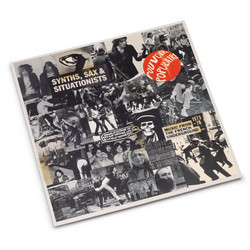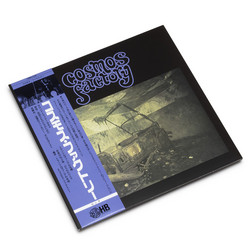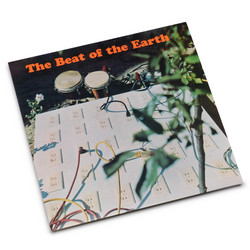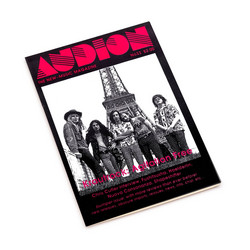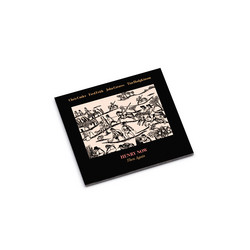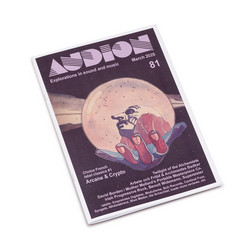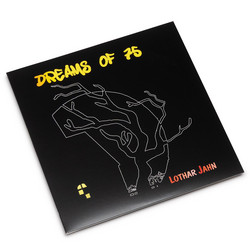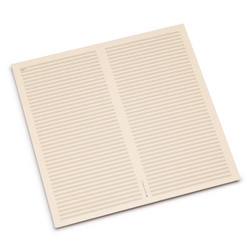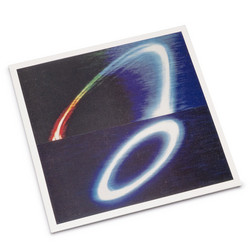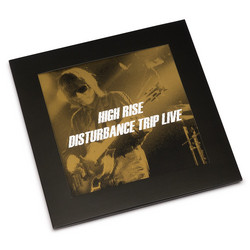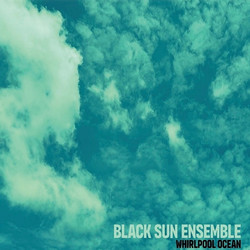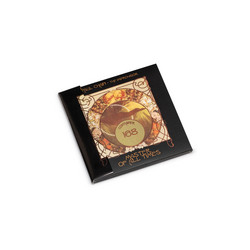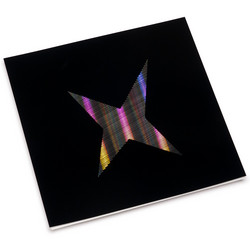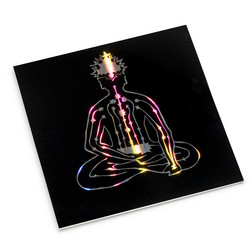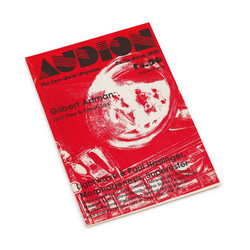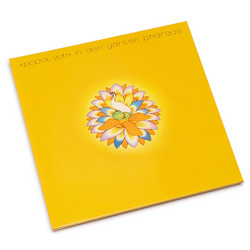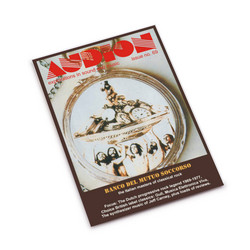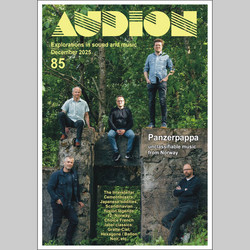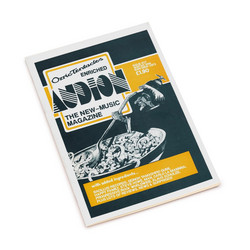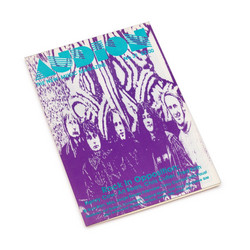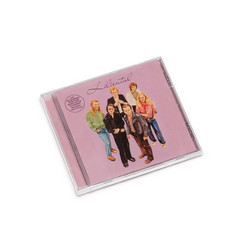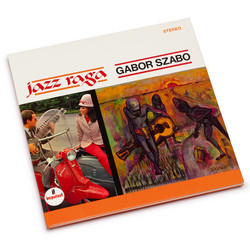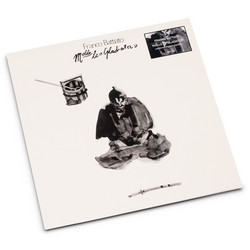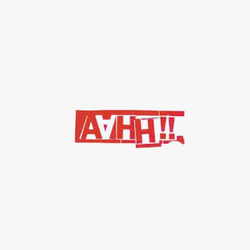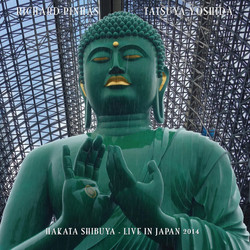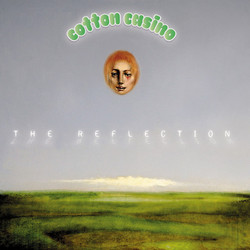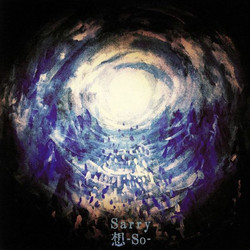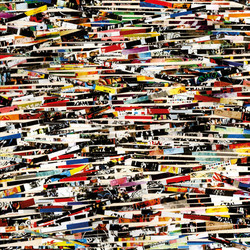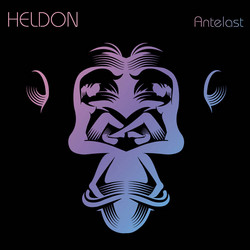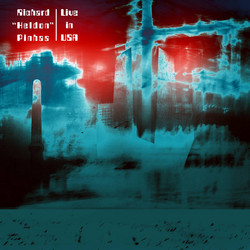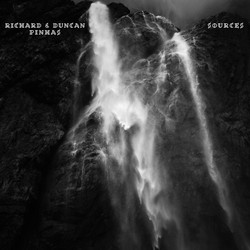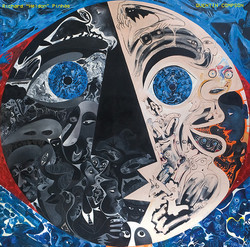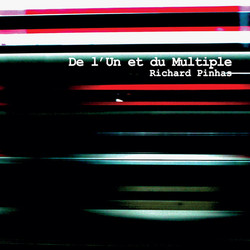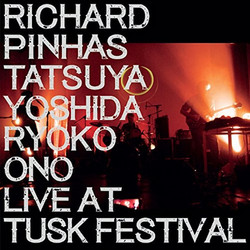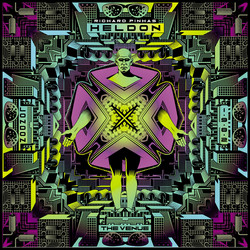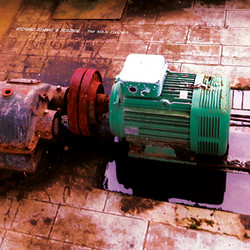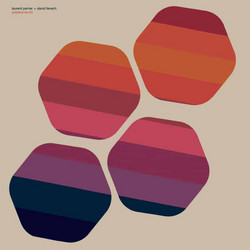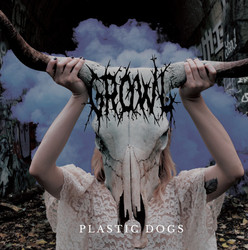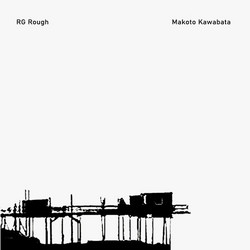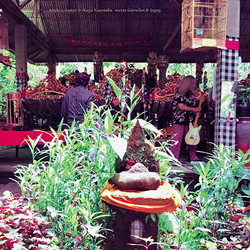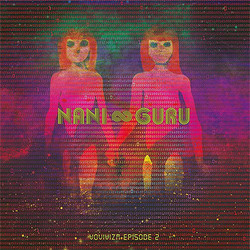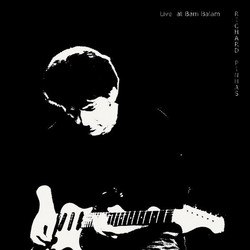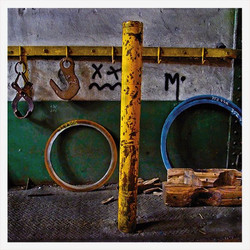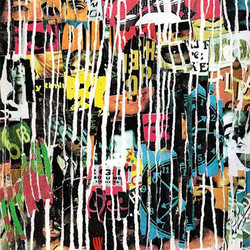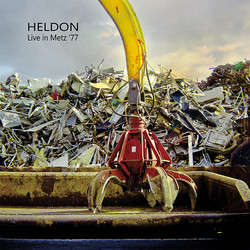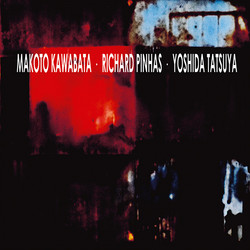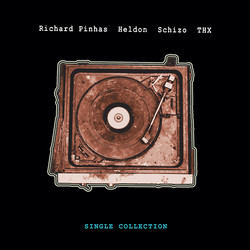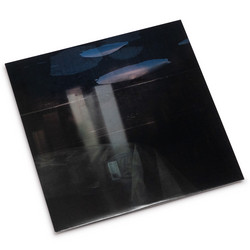Acid Mothers Guru GuruFeaturing: Acid Mothers Temple, Guru Guru
Tokugoya (LP)
Two names to conjure with collided live in Tokyo on 14th March 2019, with sprawling psychedelic masters Acid Mothers Temple coming together once more, a full decade after the release of the live album Underdogg Express in 2009, with the founder of the legendary Krautrock band Guru Guru. ‘A fiery psychedelic collaboration recorded in the spirit of early Guru Guru’ ensued. Edited neatly into four tracks – two per side of vinyl – it’s being released on limited edition vinyl for the French ‘Disquaire Day’ June 2021 (French Record Store Day 2021).
In recent years, I’ve come to despise Record Store day: after all, a record store is for life, not just for RSD, and the whole thing reeks of exploitation, from the retail prices being set as a level that means stores themselves make next to nothing from any sales, many fans are priced out – assuming they aren’t geographically advantaged – and then they’re shafted once more when those who had both the benefit of cash and location resell at even more exorbitant prices. Yes, one could discus free markets and supply and demand and how buyers choose to pay those prices – and I personally choose not to – but ultimately, a lot of the fun has gone out of it since the early years.
It doesn’t help that RSD has been swamped by reissues by major labels, meaning completists and hardcore collectors of some very popular acts are climbing over to buy new editions of old records, and none of them really give a fuck about independent stores, labels, or artists.
In this context, this release is a welcome one. It’s also a good one, and finds the collaborators veering from wildly chaotic and discordant free-jazz to muted, atmospheric ambience, with the fifteen-minute ‘Electric Junk’ spanning both, and beyond, exploding as it does into a searing proggy / post-rock crescendo in the closing couple of minutes. ‘The Next Time You See the Dalai Llama’ is built around a cyclical motif that whirls like a kaleidoscope over a throbbing reception of pounding drums and bass that lock into a relentless groove for the first four of is nine minutes. The title track closes with a mash-up of classic rock and wild desert psych, with some wild guitar work going fret crazy over an insistent, monotonous bass groove and thumping percussion that pounds and crashes relentlessly, and it even get on quite a swagger and swings into a full strolling jazz workout in the second half. Tokugoya doesn’t bring any real surprises, and is, really, exactly what you’d expect – but then it doesn’t disappoint… although its limited availability might (but there is still a CD version). - Christopher Nosnibor
